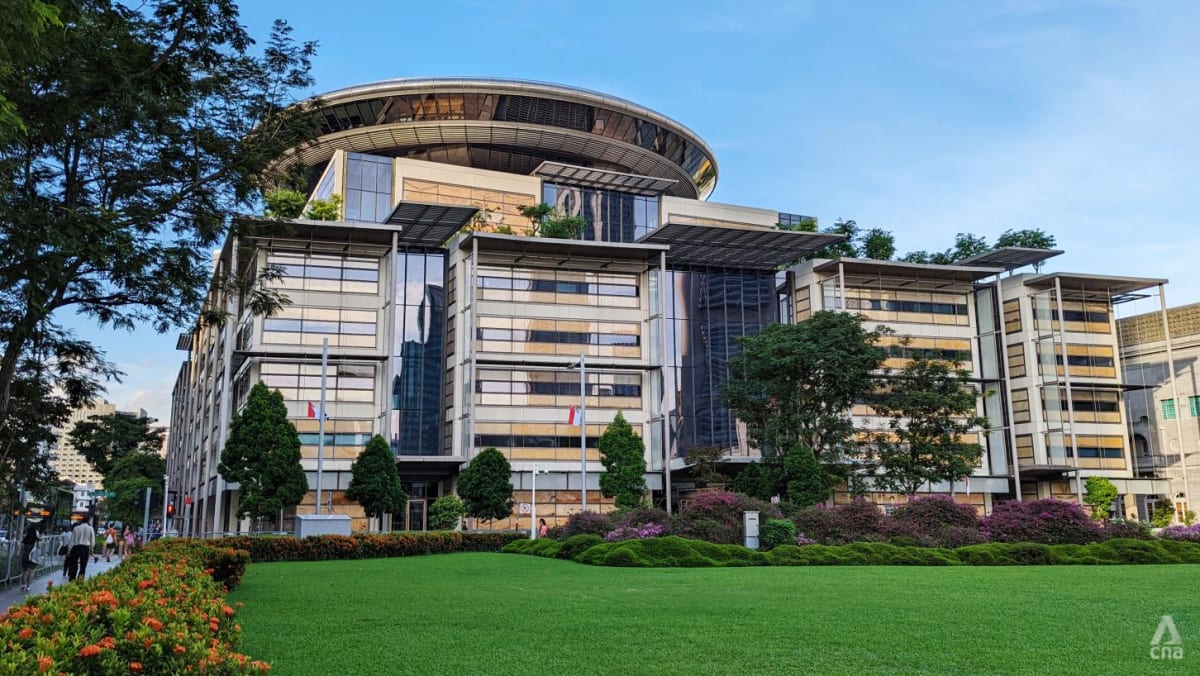
SINGAPORE: A woman wanted to give US$1.5 million (S$2 million) to her youngest daughter to thank her for being her caregiver following a serious stroke, but died before she could complete legal procedures.
The youngest daughter, who does not appear to have a good relationship with her siblings, turned to the High Court to have the gift recognised by the sole executor and trustee of her mother’s will and testament.
However, her claim was dismissed by the High Court. She appealed against the decision, but it was also dismissed, in a judgment published on Thursday (Feb 9).
The woman had four children, who are beneficiaries under her will. In 2013, she prepared her will with the assistance of law firm WongPartnership.
At the same time, the law firm also helped the woman make a gift of S$2.5 million to her youngest daughter.
In January 2015, the woman suffered a serious stroke. Her youngest daughter took care of her at home, with hired help for about a year.
Until the woman died in 2016, her youngest daughter lived with her in Toronto, Canada.
In June 2016, the woman’s close friend wrote to WongPartnership and said the woman wanted to make a gift of another S$2 million to her youngest daughter.
She said the woman wanted to express her gratitude to her youngest daughter for her hard work and sacrifice as her caregiver after her stroke.
WongPartnership advised that they would first have a video call to confirm the woman’s instructions before preparing a deed of gift for her review and execution.
The law firm also advised that it would be prudent for the woman to undergo a mental capacity assessment before executing the deed of gift, so that the gift would not be challenged by the youngest daughter’s siblings.
The woman confirmed her instructions in a video call with the law firm in August 2016. In early September 2016, she asked her friend if her youngest daughter had received the money.
When she heard that this was not yet done, the woman urged her friend to make sure that the daughter received the money as soon as possible.
The woman’s friend prepared a letter instructing the lawyers and bankers involved to execute all necessary fund transfers “now”, which the woman signed in mid-September.
The day after the letter was signed, WongPartnership sent a draft deed of gift to the woman’s friend, for the woman’s approval. The law firm again advised that it would be prudent for the woman to undergo a mental capacity assessment before executing the deed of gift.
However, the woman died before this could be done, and before her friend passed the signed letter to the lawyers and bankers.
A company, unnamed in court papers, was the sole executor and trustee of the woman’s last will and testament and the respondent in the appeal.
There were disagreements between the executor and the youngest daughter over whether the S$2 million should be recognised as a debt of the deceased’s estate, so the daughter took to the courts.
The daughter had stated: “Between me and my mother, there was never a question between gift or duty and filial piety because I simply could not imagine life without my mother.”
However, the High Court judge dismissed her claim, applying a rule that says a gift will be regarded as complete if the donor has done all that is necessary and in her power to effect the gift.
Justice Mavis Chionh found that the deceased had not done all that was within her power to procure the transfer of the money to her daughter.
She had not signed the deed of gift, provided it to the relevant bank or given bank instructions to effect the gift. While she had prepared the September letter, it was not given to her friend with instructions to convey it to her lawyers or banks, and it did not contain information as to the specific bank account the money was to come from.
The daughter appealed against the decision, arguing that there was new evidence, but the three-judge panel that heard the case said the evidence was “ultimately not relevant” to the appeal.
The judges said that it was clear that the deceased wanted to make the gift, and did not want it to be challenged by her daughter’s siblings, “whose relationship with the deceased and the appellant appeared to be somewhat fraught”.
“Unfortunately, before that (mental capacity) assessment and the consequential steps could be taken, she passed away,” said the judges. “The law is clear (and the appellant does not dispute) that the donor’s intention alone is not good enough. That intention must have been acted on by the donor, taking all the steps necessary within the donor’s power to effect the gift.”
The appeal was dismissed, with the daughter ordered to pay costs of S$25,000 to the executor of the will.

